
THE CHAPTERS OF CAREGIVING
There are many different stages of Caregiving. I have yet to experience them all; however, I do have some insight into those stages which I have.
NECESSITY
In the beginning there will be a need for you to step up to be a Caregiving. Your loved one may have experienced a debilitating injury or illness, a severe diagnosis, or it has simply become apparent that they can no longer live alone. In most cases, there is no financial plan in place to handle the situation; therefore, you become the most common of Caregivers—the Unpaid Relative.
GUILT
Shortly after becoming a Family Caregiver—still not knowing all that the position entails, you realize that you don’t enjoy Caregiving duties, and you don’t want to continue. You feel guilty about seriously considering leaving your loved one because you had no idea what you were getting yourself into.
DENIAL
For a long time, you don’t admit to yourself that Caregiving has become your day job and that your life (as you know it) no longer exists.
GUILT
You feel guilty about thinking about yourself when your loved one so clearly needs your help.
RESENTMENT
You begin to long for your past life and totally resent the person who you feel is standing in between you and where you’d rather be.
GUILT
You feel guilty about wishing, praying and hoping that you will one day get your life back.
FRUSTRATION
After trying to get into some sort of Caregiving Groove, you are frustrated because the person for whom you are caring insists on doing things the way that they always have without appearing to notice that things have drastically changed.
GUILT
You feel guilty because you lash out in a variety of ways due to your frustration even though you are well aware that screaming, crying, stomping feet, slamming doors and running away is not really that helpful.
ANGER
Any number of things can make the Caregiver angry. At the top of the list would be the things that one should never say to a Caregiver, but everyone insists on saying them anyway.
GUILT
You feel guilty because people really don’t know what to say to Caregivers and they are probably not trying to make you angry on purpose. But…
ACCEPTANCE
You know that your day job is Caregiving and all that comes with being a Caregiver. You accept that your Sibling, Family and Friends can only provide limited (if any) support. And you know that the only person who understands what you are going through is another Caregiver.
GUILT
You feel guilty because you tend to isolate yourself from these well-meaning people because they really don’t understand.
CONFUSION
You are consistently confused by all the aspects of Caregiving and your ability or inability to handle them.
GUILT
You feel guilty because despite your best efforts you feel like a failure as a Caregiver.
There will always be a Caregiving Need. As a Caregiver, you will consistently feel Resentful, Angry, Frustrated and Confused. It will become increasingly harder to be in Denial as the Caregiving situation is never ending, which will ultimately lead you to some sort of Acceptance. However, at that moment, just like a video on a continuous loop, you will go through each chapter again. And again.
So ends my Book I of Caregiving. In between every stage, there is Guilt. It is Caregiver’s Guilt which is a guilt that surpasses all understanding.
Next chapter…
LENNY KRAVITZ – “IT AIN’T OVER”
https://youtu.be/TmENMZFUU_0?si=g9al5_LeJ19o-Wb0
CRUISE THROUGH THE CAREGIVER’S CONSCIENCE PODCAST FOR FURTHER INSIGHT INTO THE CHAPTERS OF CAREGIVING:
A CAREGIVER’S CONSCIENCE PODCAST
https://youtube.com/playlist?list=PLbXuFv3i0Dh5NDi7cf8bOos_-I2sZbDt7&si=pnxg_WlWWkgSohVx
A CAREGIVER’S CONSCIIENCE BLOG


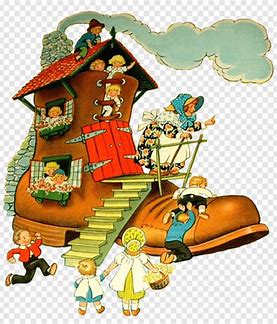



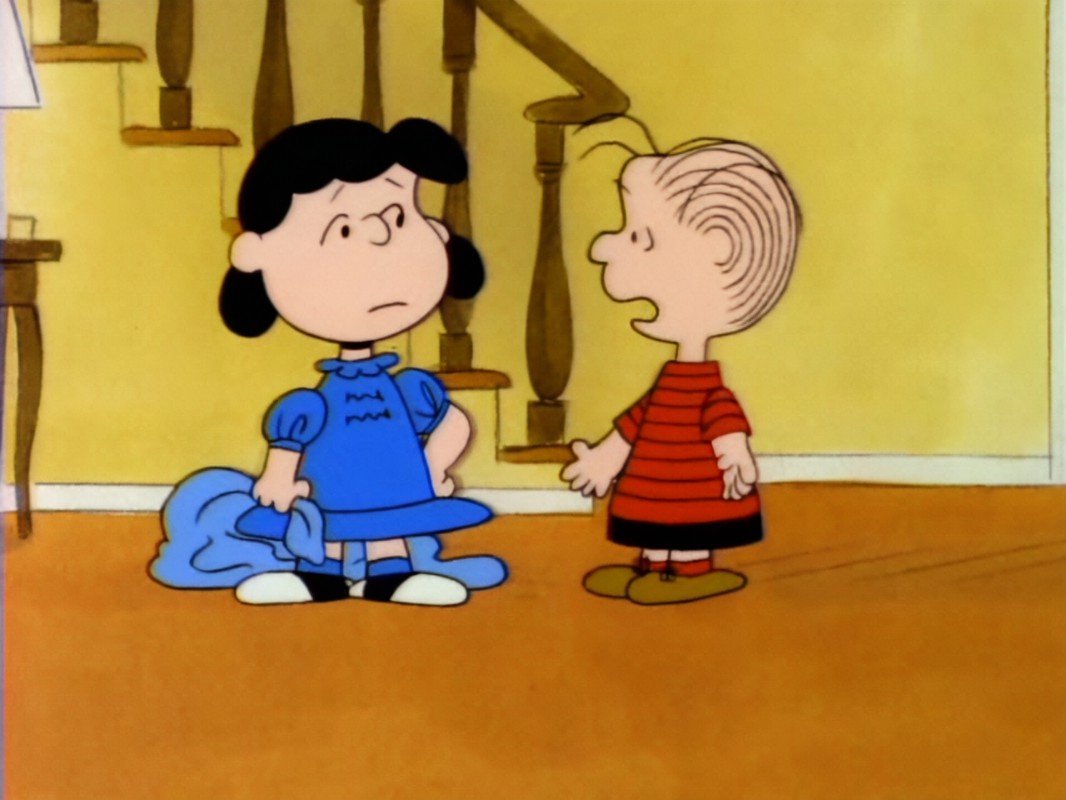
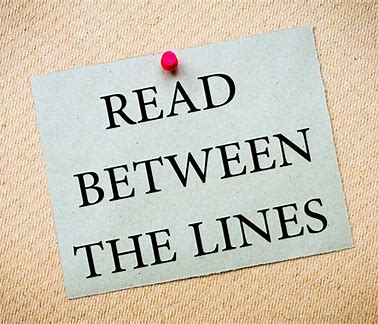
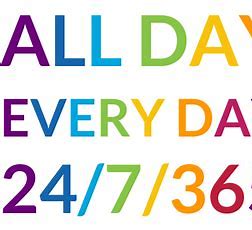













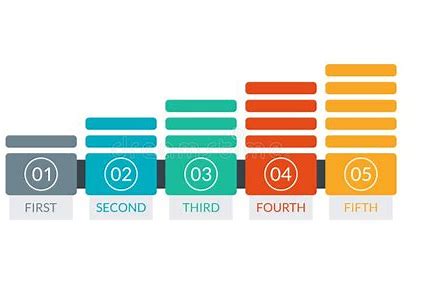














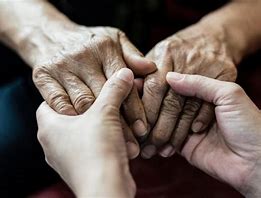




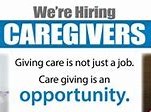










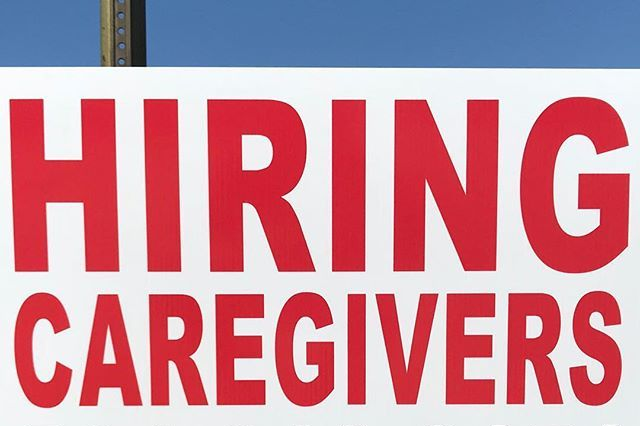


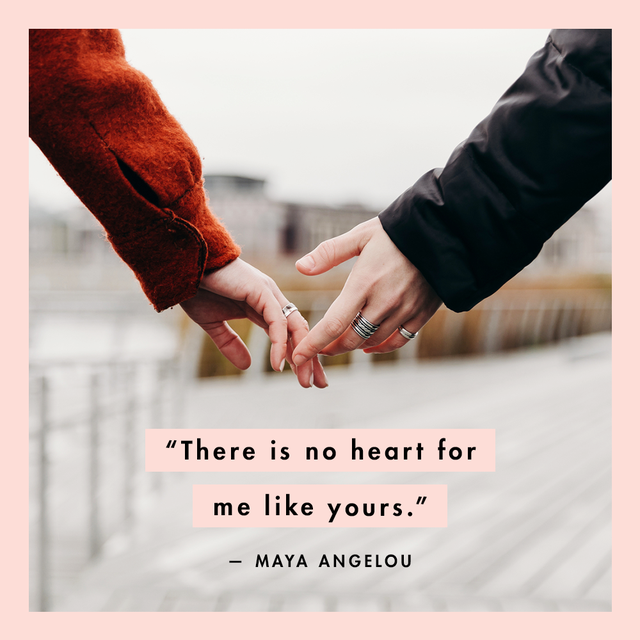












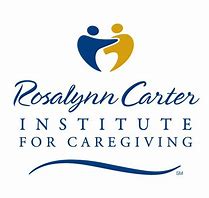


Look at Lenny! I pray for peace as it surpassed understanding.
Thank U 4 the Prayers. And Yes! Looking at Lenny Kravitz will make U smile.